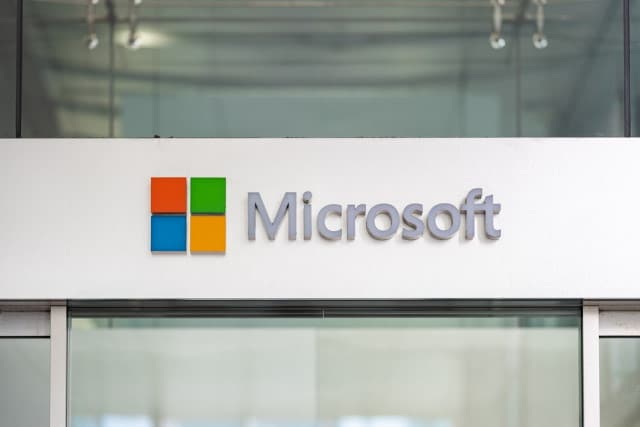Microsoft decides not to drop Hot Reload from .NET 6 after open-source community backlash

When Microsoft announced plans to remove Hot Reload from the upcoming release of .NET 6 there was outcry. Developers have been able to use to feature to edit he source code of a running app, seeing immediate effects and saving huge amounts of time.
After being battered with complaints, particularly from the open-source community, Microsoft has reversed its decision and the functionality will be re-enabled ahead of general availability of .NET 6.
See also:
- AMD releases patch and Microsoft releases KB5006746 update to fix Windows 11 performance issues
- Microsoft bringing a new Find My Mouse tool and more mouse utilities to PowerToys
- Microsoft now lets Windows 11 users set Windows Terminal as the default terminal application
In a blog post explaining the move, the director of program management for .NET, Scott Hunter, says: "Last week, our blog post and the removal of the Hot Reload capability from the .NET SDK repo led to a lot of feedback from the community".
He goes on to explain:
First and foremost, we want to apologize. We made a mistake in executing on our decision and took longer than expected to respond back to the community. We have approved the pull request to re-enable this code path and it will be in the GA build of the .NET 6 SDK.
Hunter goes some way to defending the initial removal, saying: "As a team, we are committed to .NET being an open platform and doing our development in the open. The very fact that we decided to adopt an open posture by default from the start for developing the Hot Reload feature is a testament to that. That said, like any development team, from time to time we have to look at quality, time, resources to make tradeoffs while continuing to make forward progress. The vast majority of the .NET developers are using Visual Studio, and we want to make sure VS delivers the best experience for .NET 6".
With the runway getting short for the .NET 6 release and Visual Studio 2022, we chose to focus on bringing Hot Reload to VS2022 first. We made a mistake in executing on this plan in the way it was carried out. In our effort to scope, we inadvertently ended up deleting the source code instead of just not invoking that code path. We underestimated the number of developers that are dependent upon this capability in their environments across scenarios, and how the CLI was being used alongside Visual Studio to drive inner loop productivity by many.
The pull request (#22262) Hunter refers to is entitled Revert "Remove Hot Reload support from dotnet watch (#22217)" and has been very well-received over on GithHub.
Image credit: yu_photo / Shutterstock
